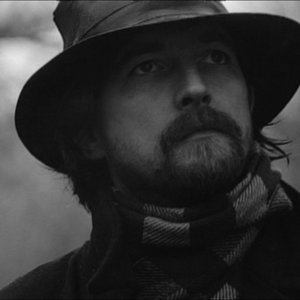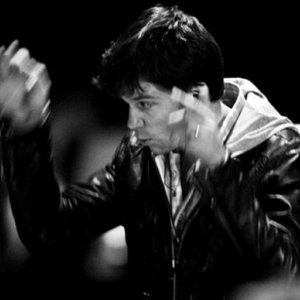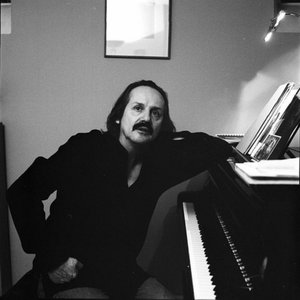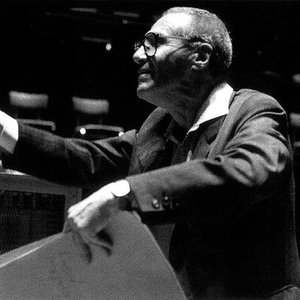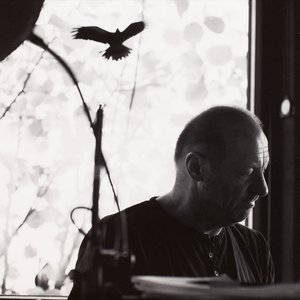Biography
-
Born
21 September 1957 (age 66)
-
Born In
Budapest, Hungary
Mihály Víg (Artist: Víg Mihály or Vig Mihály) is a Hungarian composer and poet, internationally renowned for his work with film director Béla Tarr. He was born in Budapest, Hungary in 1957 to a family of musicians, most notably his father, whom researched folk music at the Hungarian Academy of Sciences. Víg was a notable musician in the Hungarian musical underground before gaining prominence as a film composer in the 1990s. In 1979, he founded the band Balaton, with whom he still performs. Between 1980 and 1987 he was a member of the band Trabant, whose concerts were considered to be legendary events in the Hungarian underground in the second half of the Kádár era.
Víg is best known internationally for his film scores. Along with film directors such as János Xantus, Péter Müller, András Szirtes and Ildikó Szabó, he has worked particularly closely with director Béla Tarr – also as an actor. Víg composed the music for Tarr’s films »Öszi Almanach« (1984; Eng. »Almanac of Fall«), »Kárhozat« (1988; t: Damnation), »Az utolsó hajó« (1990; t: The last ship), »Sátántangó« (1994; Eng. »Satan’s Tango«) – in which Víg played the main role – »Utazás az alföldön« (1995; Eng. »Journey on the Plain«), »Werckmeister harmóniák« (2000; Eng. »Werckmeister Harmonies«) and most recently »A Londoni férfi« (2007; Eng. »The Man from London«), for which he received the EU XXL film Award in March of this year. As the jury wrote in their evaluation, they honoured »a composer whose musical work in films – in longstanding collaboration with director Béla Tarr – sets itself apart by cutting down to the essence. Their most recent collaborative work the impact of Víg’s minimalist and unbelievably catchy feel for notes and tones.«
In simple, poetic language, using universal themes such as love and freedom, Víg’s lyrics enter into a symbiotic relationship with his music, letting the pieces reveal themselves as intimately as necessary. In 1996 a collection of his lyrics and prose pieces was published under the title »Versek és novellák« (t: Verse and novellas).
In 1998 Víg recorded the album »Cigánydalok« (t: Gypsy songs), following in the footsteps of his father, who had collected the songs of the Roma people while a member on the ethno music committee at the Hungarian Academy of Sciences. The artist has also participated in the »Athe Sam« festival, where a wide range of Roma culture is presented in the areas of literature, dance, theatre, film, visual arts and, in particular, music.
Víg has also composed music to accompany stage plays. He has been given numerous awards, including the critics’ award for best music by the Hungarian film festival in Budapest. He is a knight of the Hungarian Republic. A father of five, Mihály Víg lives in Budapest.
Artist descriptions on Last.fm are editable by everyone. Feel free to contribute!
All user-contributed text on this page is available under the Creative Commons Attribution-ShareAlike License; additional terms may apply.

